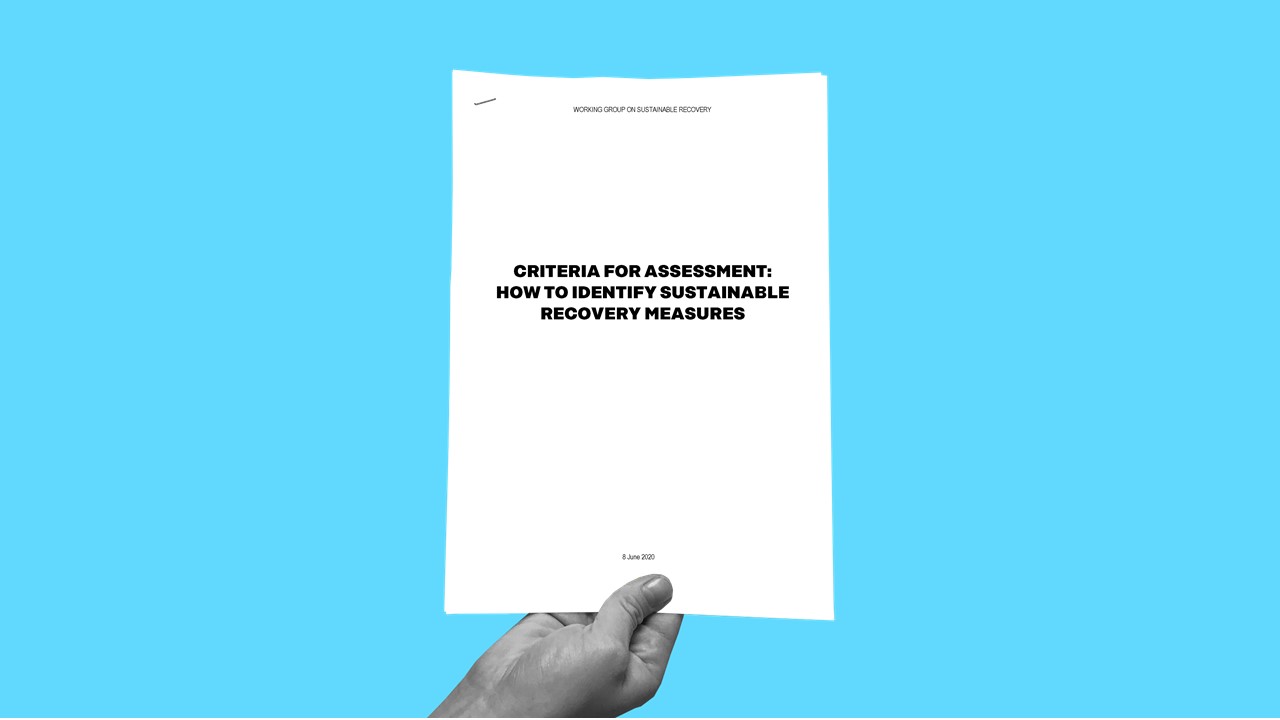The working group on sustainable recovery appointed by the Finnish Minister of the Environment and Climate Change Krista Mikkonen is tasked with preparing measures for the supplementary budget that will promote economic recovery while also responding to the climate crisis and a decline in biodiversity.
International institutions, such as the UN, World Bank, International Monetary Fund (IMF), International Energy Agency (IEA) and European Commission, as well as several business networks, have stated strongly that post-coronavirus pandemic recovery measures must be ecologically sustainable. Leading economists also confirm that sustainable recovery is the most efficient way to recover from the point of view of the economy as well.
The working group on sustainable recovery focuses on the measures included in the post-crisis management plan in particular. It makes more sense to incorporate sustainability considerations into these measures than into direct crisis measures to resolve the acute health crisis, for instance.
The measures of the post-crisis management plan on the whole should contribute to resolving the ecological sustainability crisis and reaching the carbon neutrality objective. Even significant employment-creation projects should avoid negative impacts on the climate, the use of natural resources or biodiversity. All of the post-crisis management measures should be reviewed with regard to how they support the economic, employment and climate objectives and stop the decline in biodiversity. Therefore, the working group has prepared a set of criteria that can be applied to the assessment of measures to support decision-making.
If measures are taken that significantly interfere with the achievement of the Government programme’s climate and nature objectives, this must be the result of serious consideration and sustainability pledges should be required in return, for example. An example of this is a recipient of subsidies pledging to reduce emissions towards carbon neutrality or reduce the decline in biodiversity.

